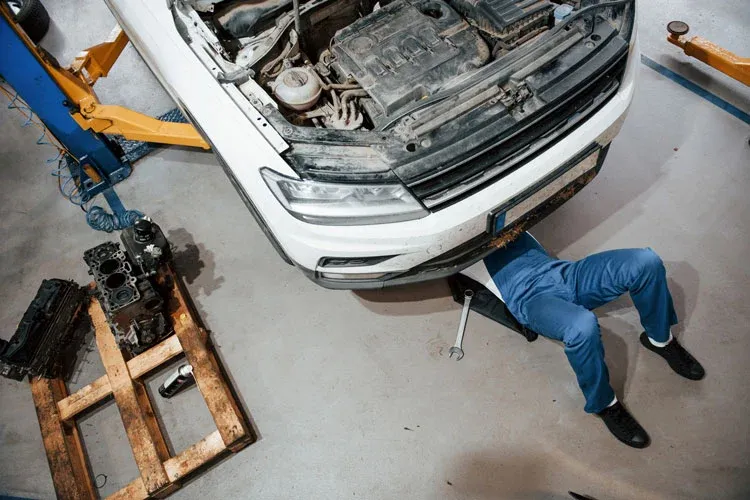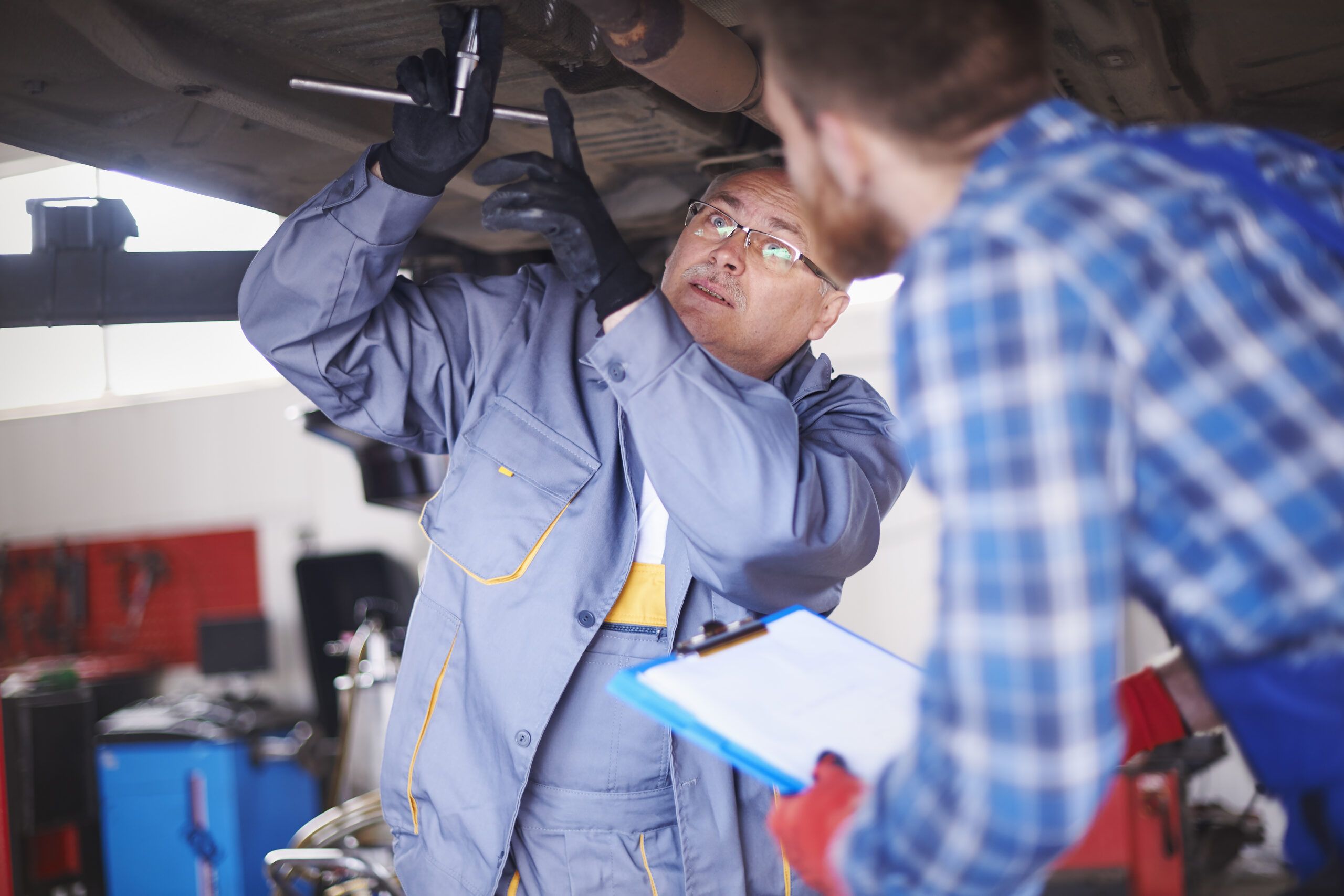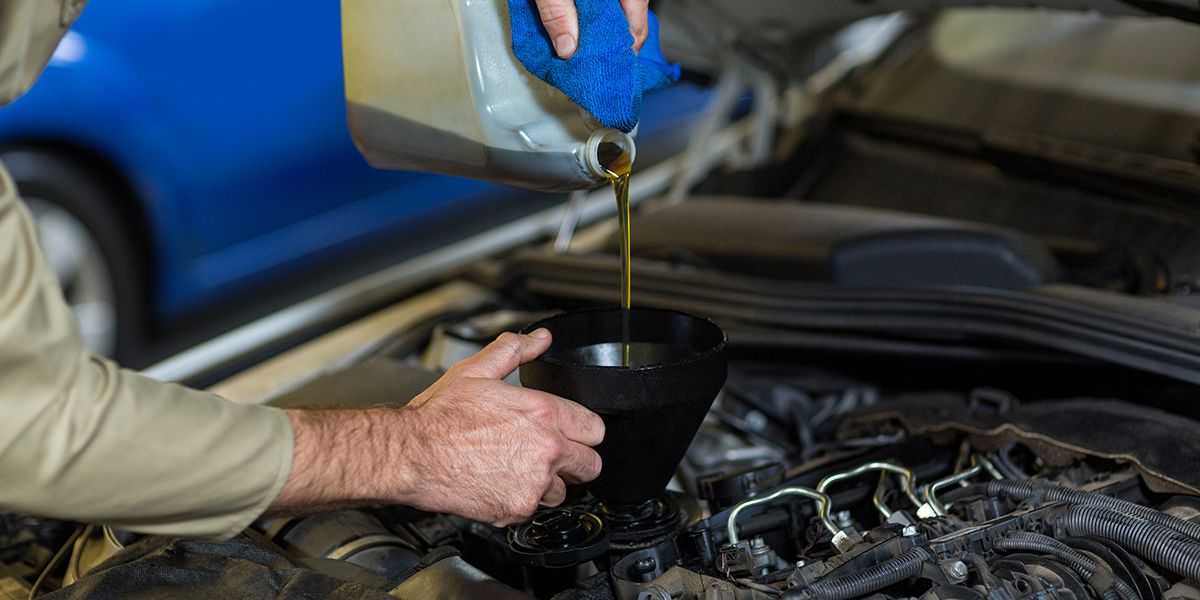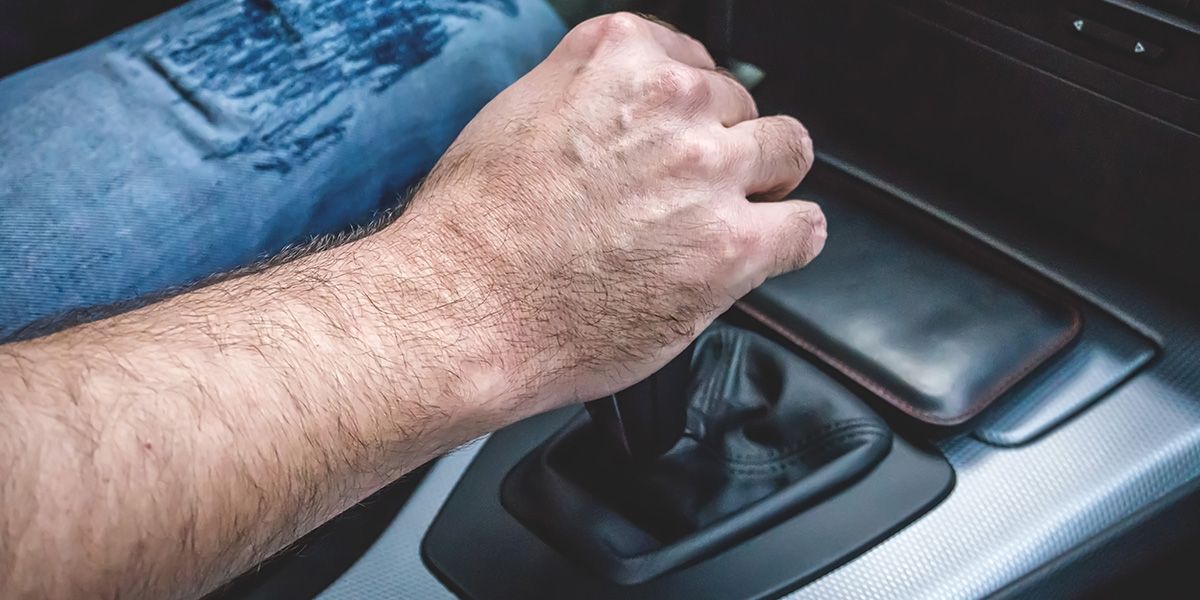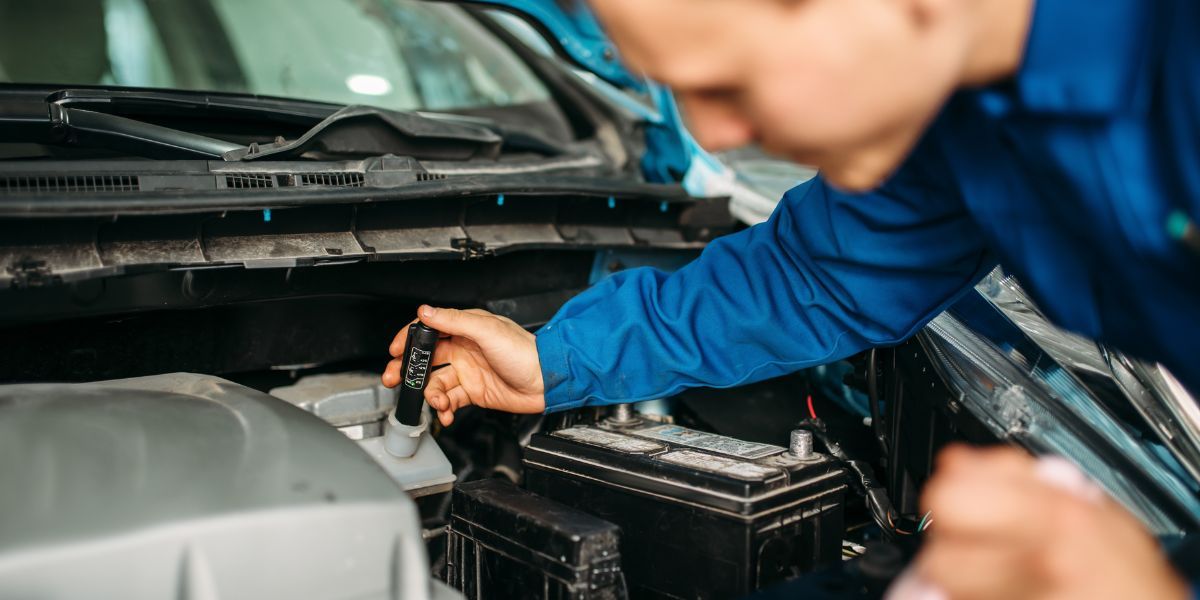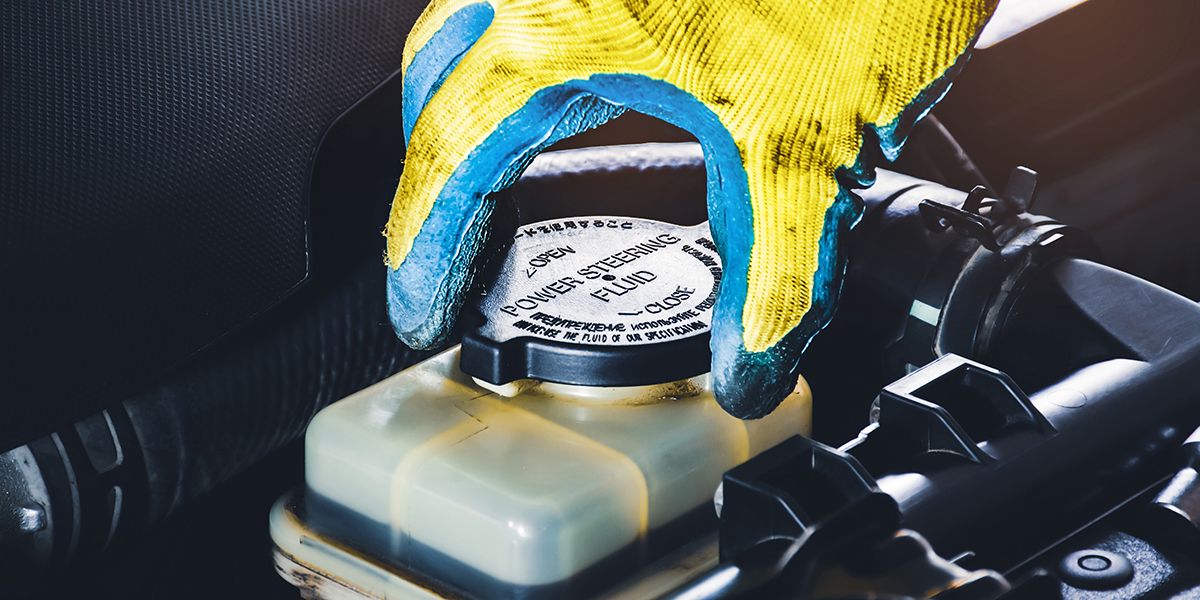Why OEM Parts Matter: Genuine vs. Aftermarket for Audi and BMW Repairs
When it comes to maintaining your Audi or BMW, choosing the right parts for repairs is vital to ensure peak performance and longevity. Original Equipment Manufacturer (OEM) parts and aftermarket parts are two popular options, each with its own set of advantages and considerations. This comprehensive guide’ll explore why OEM parts matter and compare them to aftermarket alternatives for Audi and BMW repairs. Whether you’re a car enthusiast, a mechanic, or a car owner seeking the best solutions for your vehicle, this article will provide valuable insights to make informed decisions.
Why OEM Parts Matter: Genuine vs. Aftermarket for Audi and BMW Repairs
Choosing the right parts for your luxury car can significantly impact its performance, safety, and overall driving experience. Let’s delve into the reasons why OEM parts matter and how they compare to aftermarket options.
The Superiority of OEM Parts
OEM parts, also known as genuine parts, are designed and manufactured by the same company that produced your vehicle. These components match the exact specifications and quality standards of the original parts installed in your Audi or BMW. Here’s why they are considered superior:
- Perfect Fit and Compatibility: OEM parts are engineered to fit seamlessly into your specific make and model. Their precise design ensures a perfect match, eliminating the need for modifications and potential compatibility issues.
- Reliability and Durability: Genuine parts undergo rigorous testing to meet the manufacturer’s strict quality standards. As a result, they offer unmatched reliability and durability, outperforming generic alternatives.
- Optimal Performance: Using OEM parts helps maintain your car’s optimal performance. Since they are precisely engineered for your vehicle, you can expect the same level of performance as when the car was new.
- Warranty Coverage: OEM parts usually come with a warranty, providing peace of mind and added protection against defects.
The Case for Aftermarket Parts
While OEM parts boast several advantages, aftermarket parts also have their merits. These are components made by third-party manufacturers not associated with the original car maker. Here are some aspects to consider:
- Affordability: Aftermarket parts are often more budget-friendly than OEM parts, making them an attractive option for cost-conscious car owners.
- Availability: Since aftermarket parts are widely produced by various manufacturers, they may be more readily available compared to specific OEM parts.
- Diverse Options: Aftermarket parts may offer a wider range of choices, including different brands and variations, allowing for customization.
- Performance Variability: While some aftermarket parts can match or even exceed OEM quality, others may fall short in terms of fit, durability, or performance.
The Importance of Quality and Safety
When it comes to Audi and BMW repairs, prioritizing quality and safety should always be the top consideration. While aftermarket parts might offer cost advantages, they may not always meet the stringent standards set by the original car manufacturer. This could potentially compromise safety and lead to subpar performance.
Audi and BMW Repairs – Safety and Quality
To ensure you make the right choice, always opt for reputable aftermarket brands known for their high-quality products. Research customer reviews and expert opinions to gauge the reliability of the aftermarket parts you’re considering.
Key Differences Between OEM and Aftermarket Parts
Understanding the distinctions between OEM and aftermarket parts can help you make an informed decision for your Audi or BMW repairs. Let’s explore the main differences:
- Manufacturing Process: OEM parts are produced in facilities approved and controlled by the car manufacturer, ensuring strict adherence to quality standards. Aftermarket parts are manufactured independently, with varying degrees of oversight.
- Materials and Quality Control: OEM parts are made from materials that meet the car manufacturer’s specifications, while aftermarket parts may use different materials and undergo less rigorous quality control.
- Certification: OEM parts typically carry certification from the car manufacturer, providing assurance of their authenticity and compatibility. Aftermarket parts may lack this certification.
- Performance Guarantee: OEM parts come with a performance guarantee backed by the car manufacturer. Aftermarket parts may have varying warranty coverage depending on the brand and manufacturer.
- Fit and Finish: OEM parts offer a perfect fit and finish, ensuring seamless integration with your Audi or BMW. Aftermarket parts may require adjustments or modifications for proper installation.
- Longevity: Due to their precise engineering and high-quality materials, OEM parts generally have a longer lifespan than some aftermarket alternatives.
- Resale Value: Maintaining your vehicle with OEM parts can positively impact its resale value, as it indicates proper care and adherence to manufacturer recommendations.
Making the Right Choice: When to Choose OEM Parts
While aftermarket parts may have their advantages, there are specific situations where choosing OEM parts is the best course of action:
- Major Repairs and Replacements: Using OEM parts ensures you maintain the car’s original performance and safety standards for significant repairs or component replacements.
- Under Warranty: If your Audi or BMW is still under warranty, using OEM parts is essential to preserve warranty coverage and avoid the potential voiding of the warranty.
- Complex Systems and Electronics: Modern luxury cars feature sophisticated systems and electronics. Opting for OEM parts ensures seamless integration and compatibility with these advanced systems.
- Restoration Projects: When restoring classic or vintage Audi and BMW models, OEM parts are preferred to maintain authenticity and historical accuracy.
- High-Performance Models: Owners of high-performance Audi RS or BMW M models should stick to OEM parts to ensure optimal performance and reliability.
Selecting Aftermarket Parts Wisely
For some car owners, aftermarket parts may still be the preferred choice under specific circumstances. Follow these guidelines to ensure you choose high-quality aftermarket parts:
- Research and Reputation: Investigate reputable aftermarket brands that are committed to quality and customer satisfaction.
- Certifications and Standards: Look for aftermarket parts with industry certifications, ensuring they meet or exceed industry quality standards.
- Consult Professionals: Seek advice from experienced mechanics or car enthusiasts who have firsthand knowledge of reliable aftermarket brands.
- Warranty Coverage: Select aftermarket parts with generous coverage to protect your investment and gain peace of mind.
FAQs (Frequently Asked Questions)
Q: Are OEM parts always more expensive than aftermarket parts?
A: While OEM parts can be more expensive, their high quality, reliability, and perfect fit often justify the investment, especially for critical repairs and safety-related components.
Q: Can aftermarket parts void my car’s warranty?
A: In some cases, using certain aftermarket parts that cause damage may void portions of your car’s warranty. Always check with your car manufacturer and read the warranty terms carefully.
Q: Are there any performance benefits to using aftermarket parts?
A: Some high-quality aftermarket parts, especially those designed for performance enhancements, may offer improved performance and specific customization options.
Q: Will using aftermarket parts affect my car’s resale value?
A: The impact on resale value can vary depending on the type of aftermarket parts used. OEM
